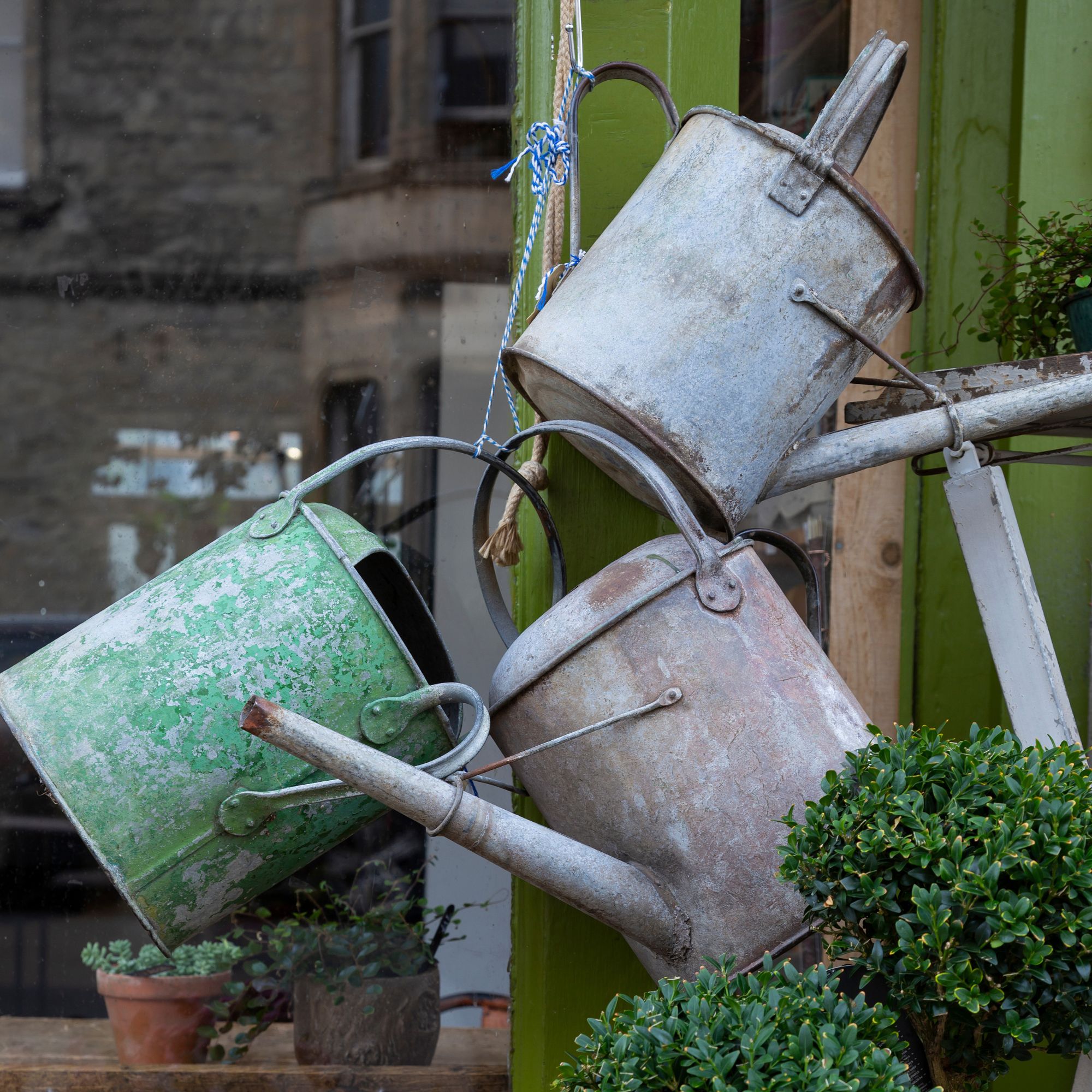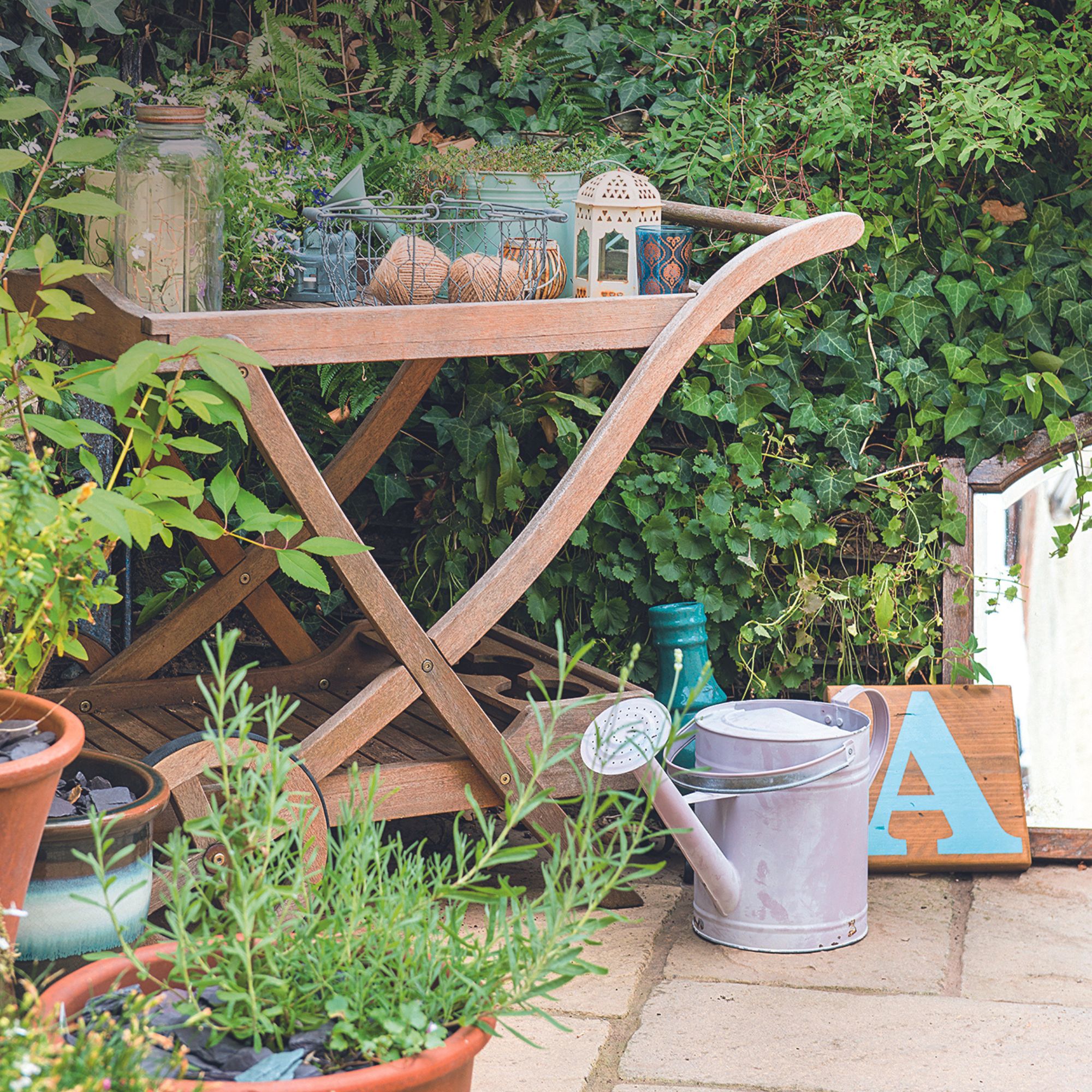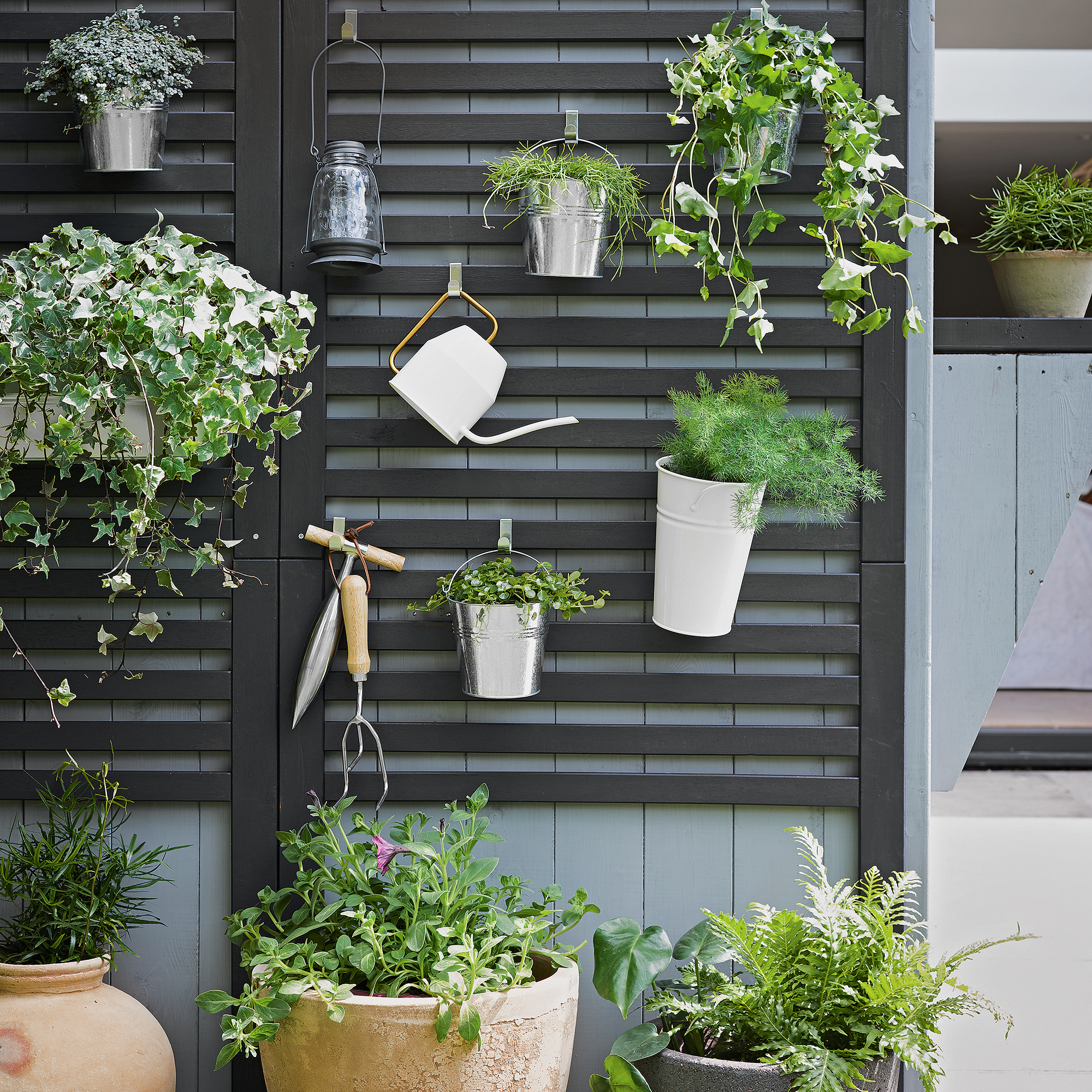
What is a hosepipe ban?
I was wondering the same thing myself when I first heard the term. A hosepipe ban does what it says on the tin: it bans us from using a hosepipe connected to a mains water supply. It’s also referred to as a TUB, or a Temporary Use Ban. There are a few hosepipe ban rules you should know about, too – and as Yorkshire Water has just announced a hosepipe ban, it’s about time we got familiar with them.
Whether you're figuring out how to look after your lawn during a hosepipe ban or keeping the rest of your garden plants watered, these are the hosepipe ban rules you'll need to keep in mind to dodge fines.

So, what is a hosepipe ban, exactly?
It comes into effect during periods of low rainfall, especially after long dry spells like the conditions we’ve experienced in recent months. With another heatwave on the horizon, more and more parts of the UK are in talks of imposing a hosepipe ban this year – and while there are ways to protect your lawn in a heatwave, a hosepipe ban will impact the way you're allowed to water your garden.
In a nutshell, a hosepipe ban, or Temporary Use Ban (TUB) is a drought control measure that prohibits the use of a hosepipe connected to a mains water supply.
'With hosepipe bans now in place in areas like Yorkshire, gardeners are currently restricted from using hoses to water lawns, fill paddling pools, or clean patios,' says Tom Clamp, head of technical at Pelsis Doff, a manufacturer of garden products.

It isn’t just a term that’s thrown around casually, either – there are a few repercussions for not following hosepipe ban rules.
‘These restrictions are enforced under Section 76 of the Water Industry Act 1991 and can carry fines of up to £1,000 for non-compliance,’ explains LeAnne Samuelson, botanical expert at Prestige Botanicals.
What can you do in a hosepipe ban?
So, we've established that we can't use a hose during a hosepipe ban – but how are we allowed to water our gardens?
'You can still use water outside, but it must be with a bucket or watering can instead of a hosepipe,' explains Richard Barker, commercial director at LBS Horticulture.
If you've installed a water butt, that gets the green light during a hosepipe ban, too.
'Collected rainwater (when available) or grey water (such as bath water) can be used as alternative sources,' says Tom from Pelsis Doff.
Hosepipe ban essentials
Invest in a sturdy but affordable watering can like this 10-litre Hardys watering can to replace the hose.
Or, go for a galvanised watering can like this Draper one. It looks great in any garden scheme!
It might be too late for this summer, but setting up a water butt now will stand you in good stead for next year.
Who is exempt from the hosepipe ban?
There are a few exceptions to a hosepipe ban – although everyone is encouraged to conserve water as much as possible.
'If you are a blue badge holder, on our Priority Services register, or our WaterSure tariff for medical reasons, then you will be an exception to the restrictions,' says Yorkshire Water on their website.
Businesses, too, can be exempt from hosepipe ban rules, depending on their purpose.
'Businesses are still permitted to use hosepipes if they are directly related to a commercial purpose,' explains Richard from LBS Horticulture.

So, if a hosepipe ban comes into effect in your area, you'll be restricted from using a hosepipe connected to a mains water supply unless you're a blue badge holder, on a Priority Services register, or on a WaterSure tariff for medical reasons.
You can use a watering can or a bucket, though – and make use of that water butt, if it's full!







